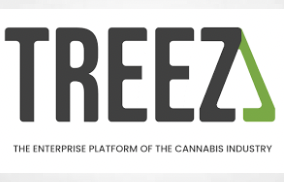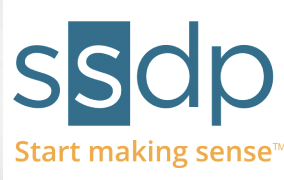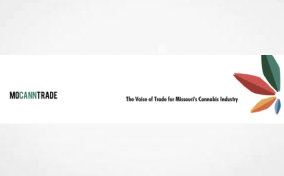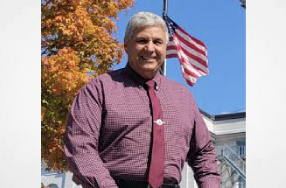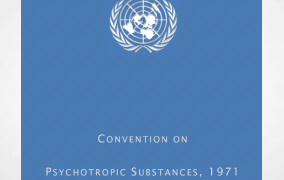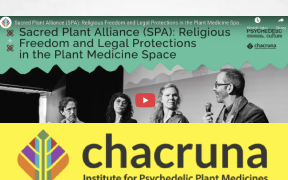Cannabis Business Times
The federal government claims Treez must show its software developer from India ‘does not aid and abet activities that violate the CSA.’
Treez Inc., a company that provides software services to state-legal cannabis businesses, filed a motion for summary judgment Sept. 18 in its lawsuit against the federal government over an H-1B visa denial for one of its executives from India.
The H-1B visa category is usually applied to people who wish to perform specialty occupation “services of exceptional merit and ability,” according to the U.S. Citizenship and Immigration Services (USCIS). It is a temporary, nonimmigrant visa typically reserved for highly educated people.
California-based Treez petitioned the USCIS in December 2021 for H-1B status for Ameya Vinayak Pethe, a “highly skilled and educated software developer,” to work as the company’s director of development operations while residing in Missouri, according to the motion for summary judgment the legal team at Davis Wright Tremaine LLP filed this week on behalf of Treez in the U.S. District Court for the Northern District of California.
Treez, Inc. v. United States Dep't of Homeland SecIn January 2022, the USCIS approved Treez’s petition for Pethe’s H-1B status to work as a software developer through Jan. 12, 2025, according to the motion.
However, when Treez filed an amended petition a few months later—solely to change Pethe’s employment location from Missouri to Pennsylvania—federal government officials sent a request for evidence (RFE) invoking an “illegality rule,” demanding that Treez prove Pethe’s work as a software engineer does not “aid and abet activities” that violate the Controlled Substances Act (CSA), according to the motion.
Although Treez is still fighting to get the amended petition approved, the company is now asking the court to grant a summary judgment before the underlying petition expires in less than four months.
According to Treez, the company confirmed with federal officials that Pethe’s work does not include cultivating, processing, distributing or delivering cannabis and contended that providing software to state-legal cannabis businesses does not constitute “aiding and abetting” as a factual or legal matter. Treez’s legal team at DWT pointed out in the motion that the USCIS previously approved numerous petitions for other Treez nonimmigrant workers in 2016, 2017, 2019 and 2021.
Still, the USCIS reversed its previous practices with Treez and denied the amended petition for Pethe’s H-1B visa in October 2022.
“Just like the original petition [for Pethe], these other Treez H-1B petitions all identified the nature of Treez’s business and connection to state-legal cannabis retailers,” DWT Partner John A. Goldmark wrote in the Sept. 18 motion.
“And just like the original petition [for Pethe], defendants approved Treez’s other petitions without any additional requirements beyond those included in the regulations,” he wrote. “Defendants did not invoke any purported ‘illegality rule,’ or provide any indication they would take the position that Treez’s business was violating federal criminal law—much less that defendants would anoint themselves the interpreters and arbiters of federal criminal drug laws.”
Read more
